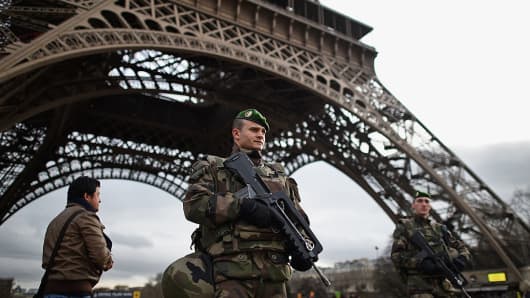Pointing a finger at law enforcement agencies and security services, the president of the French administrative region covering Nice is apparently still waiting to hear how a huge 19-ton refrigerator truck could enter the elegant beachfront avenue called Promenade des Anglais (The English Promenade) and continue a murderous rampage for 1.7 kilometers before being stopped by a road barrier.
And the head of the French equivalent of the U.S. Homeland Security will also wonder how it escaped the police attention that two days prior to the attack the terrorist – a truck driver known to police for violence and weapon offenses – could afford a $360 daily charge (plus a heavy deposit of several thousands of euros) to rent a truck in one of Nice's suburbs.
That is exactly the kind of danger the head of security talked about to the French parliamentary committee on May 24, 2016, while discussing the counter-terrorist measures the government had put in place following the Paris massacres in January and November of last year.
He told the French legislators that al-Qaeda and various Islamic State affiliates had now decided to use booby-trapped vehicles and huge explosive devices instead of the suicide squads they activated during previous terrorist attacks in Paris and Brussels.






